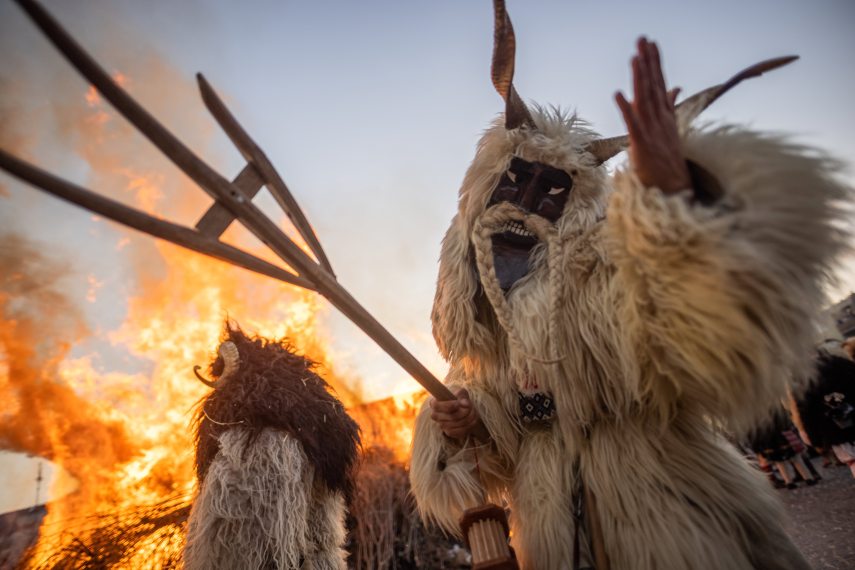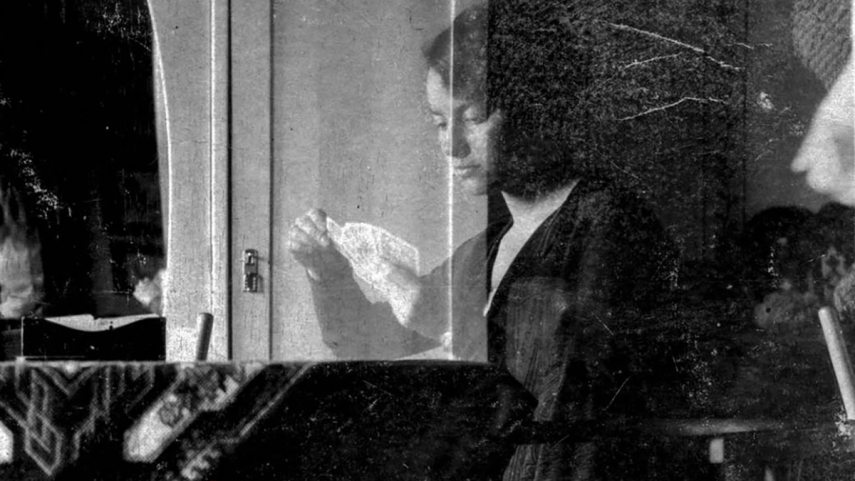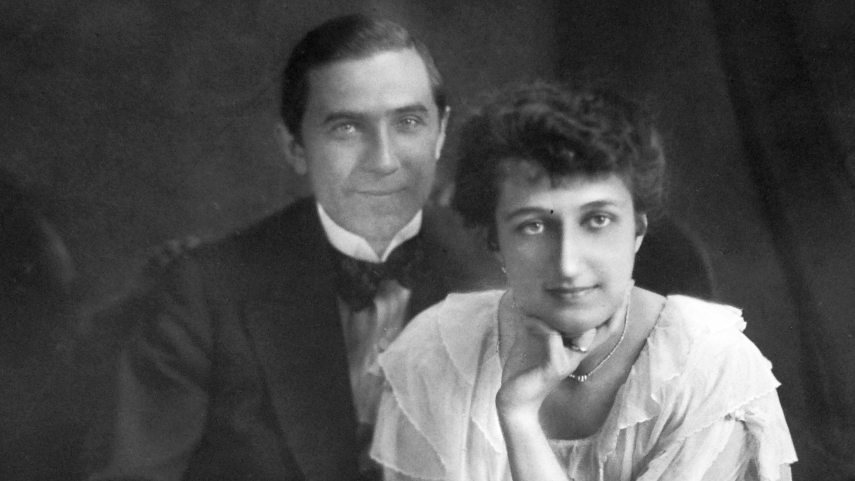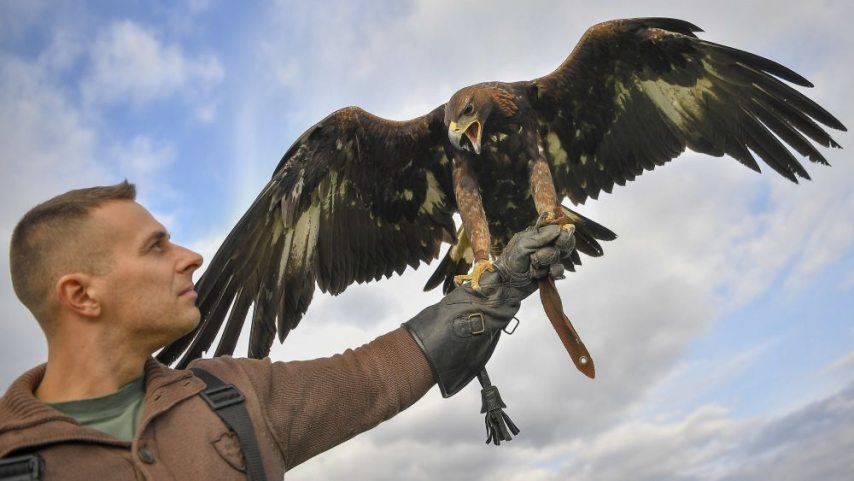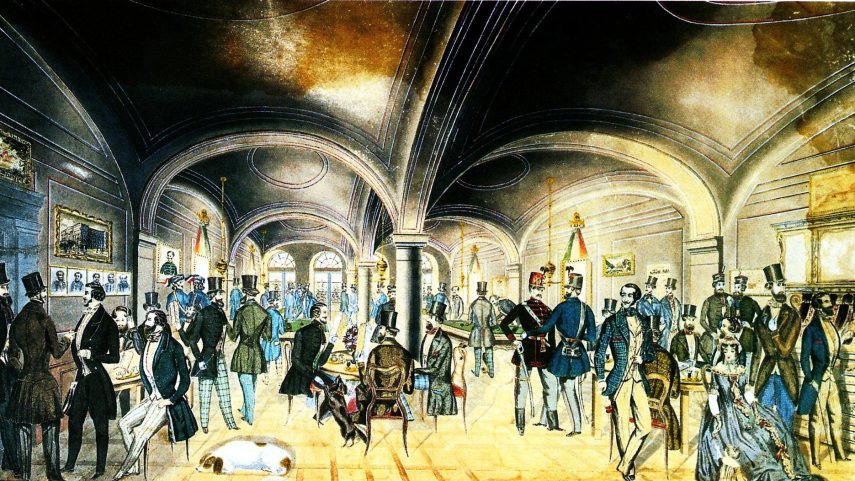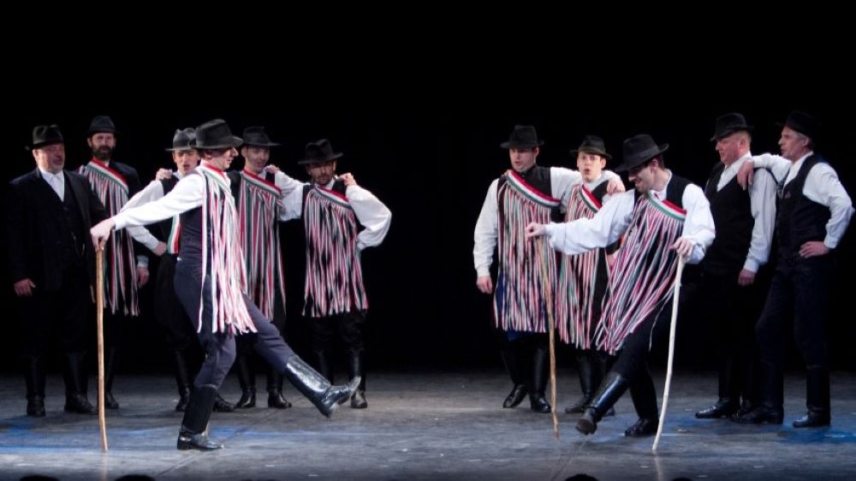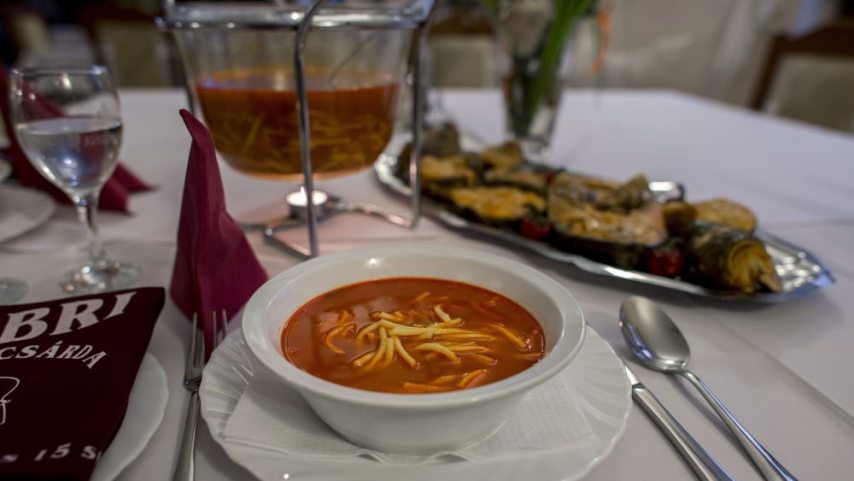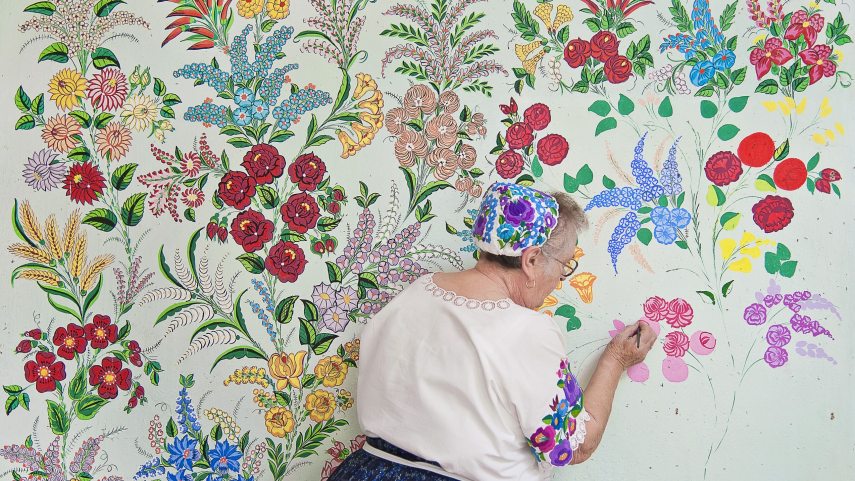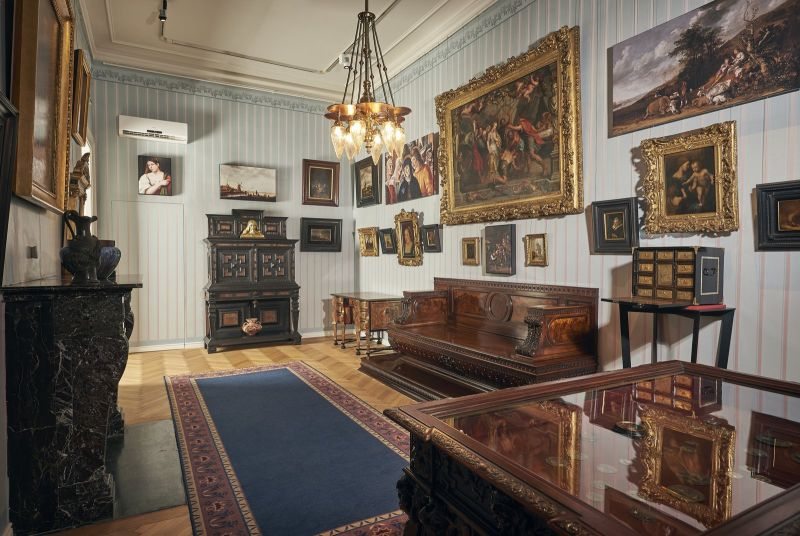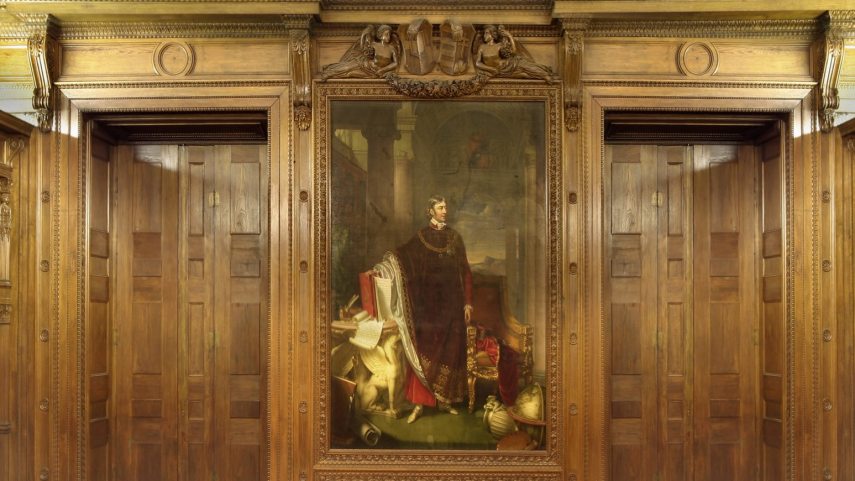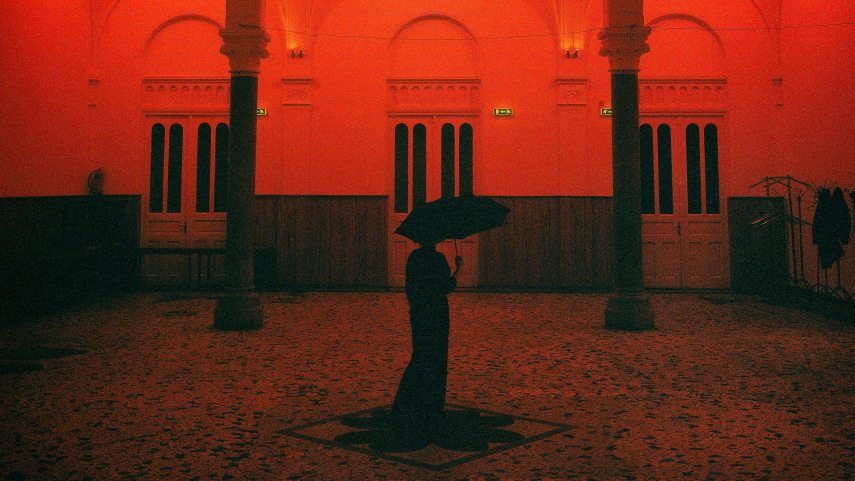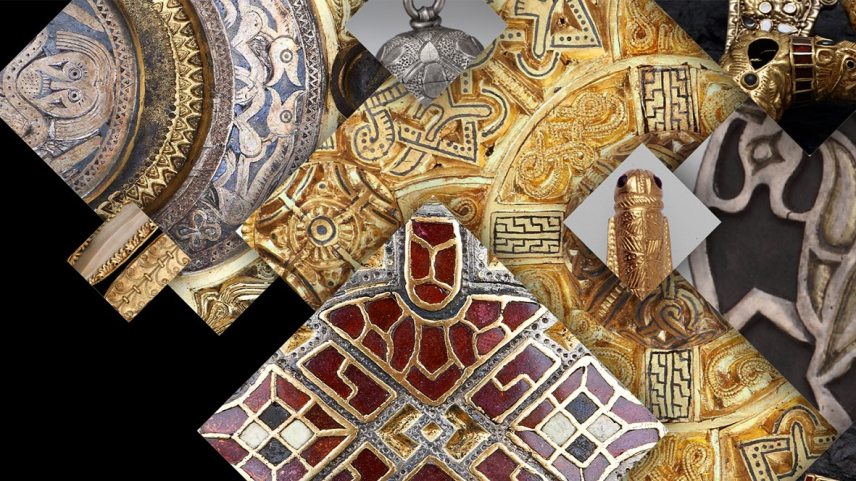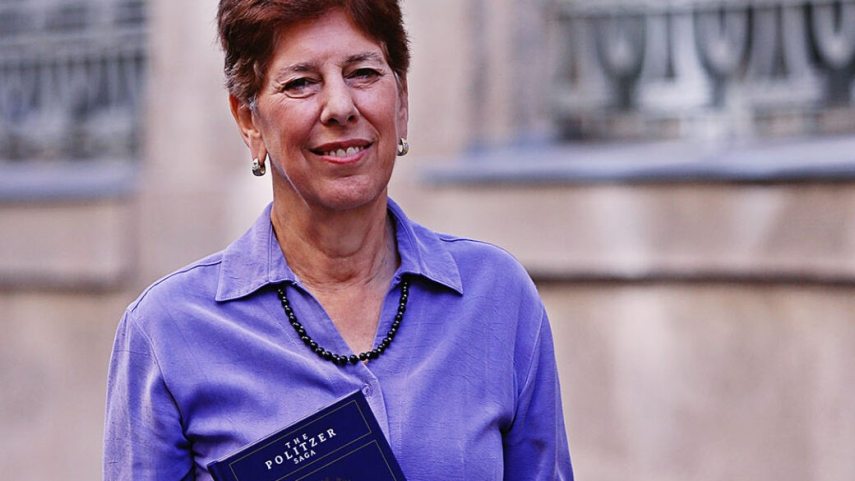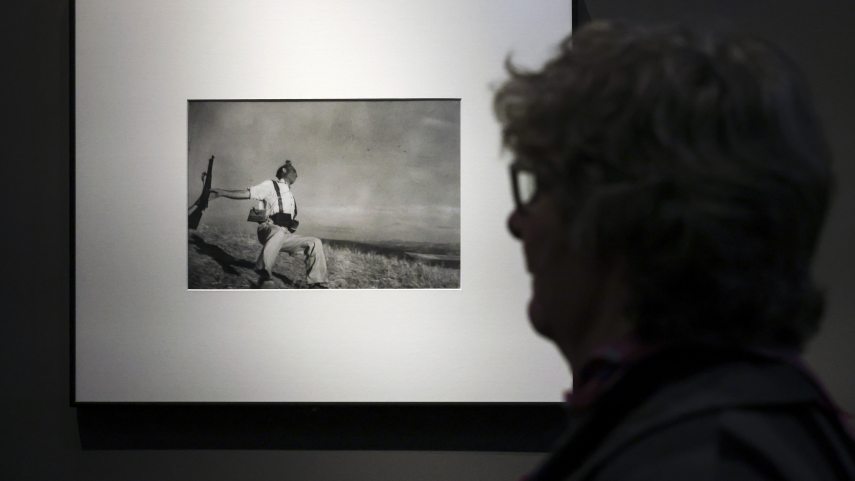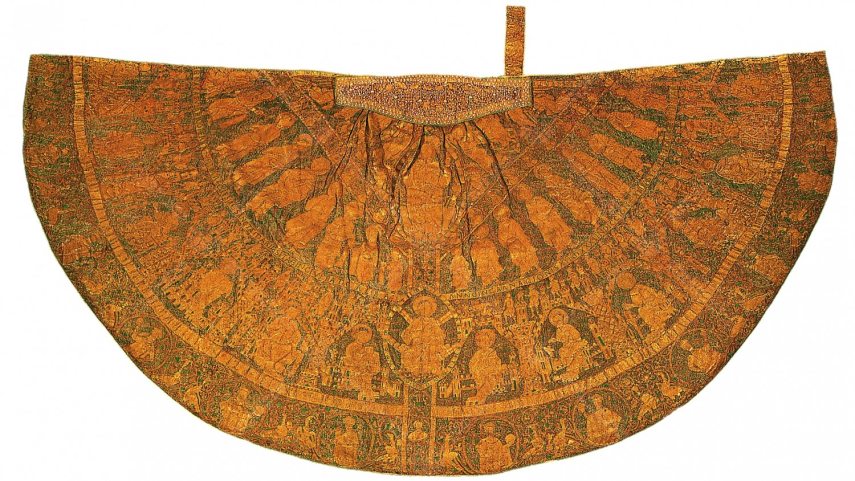We, hungarians
Unmasking Hungary's winter traditions
From Székely nativity plays to Mohács busó festivities, these Hungarian winter rituals are sure to warm your heart.
How dreams were denied by Hungary’s numerus clausus law
Margit Kovács dreamed of becoming a doctor, but Hungary’s discriminatory law forced her, and thousands of Jewish women, to find education elsewhere.
Faded photos behind Dracula's fangs
Béla Lugosi’s iconic Dracula role hides a deeper past. A journey through war, survival, and family shaped the man behind the vampire.
Flow, flight, pursuit, and prestige in the Hungarian way
From fishing to falconry, hunting, and Lipizzan horses, Hungary's traditions unite in celebrating nature and community.
How a café in Budapest sparked change in 1848
At the heart of the 1848 revolution, Pilvax Café fueled the dreams and plans of young revolutionaries ready to change Hungary.
Programok
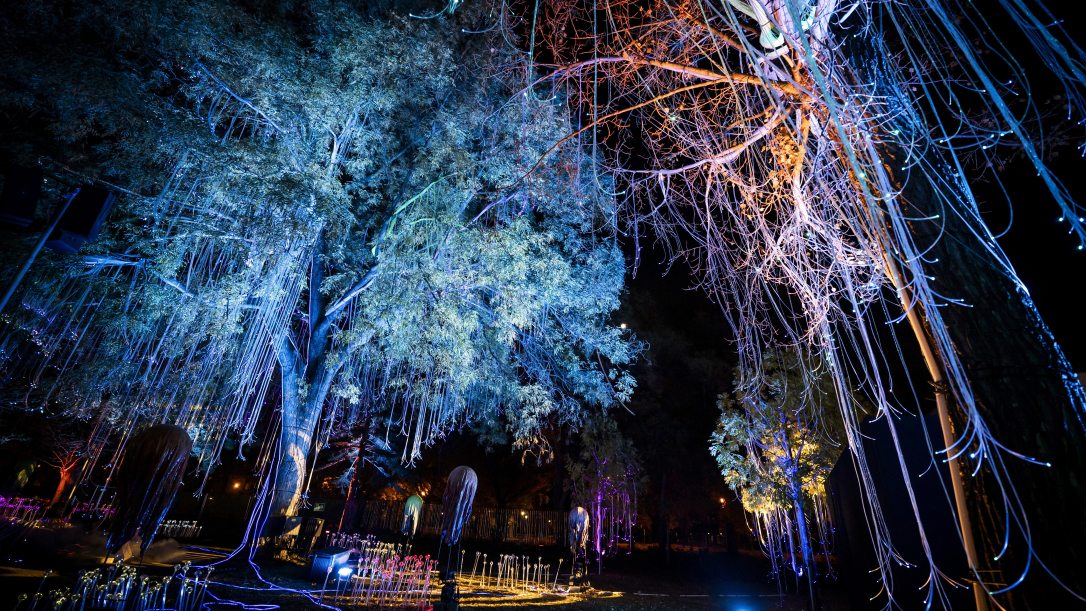
Lumina Park – Varázsvilág
Budapest, Soó Rezső stny. 1
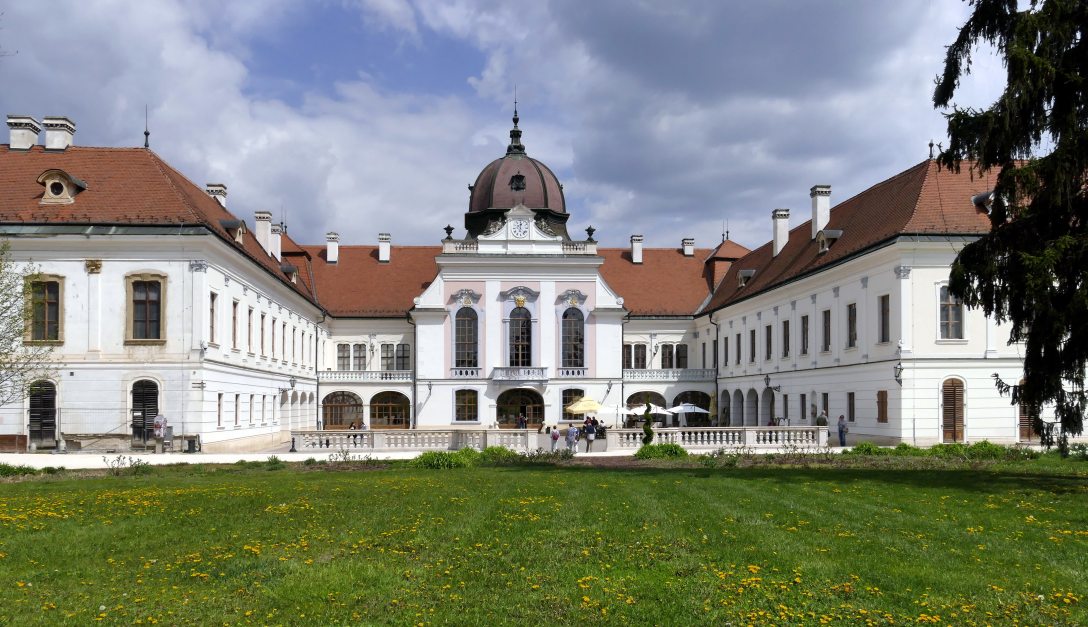
A. E. Köchert – Császárok és királyok ékszerésze
Gödöllő, Grassalkovich-kastély 5852 hrsz.
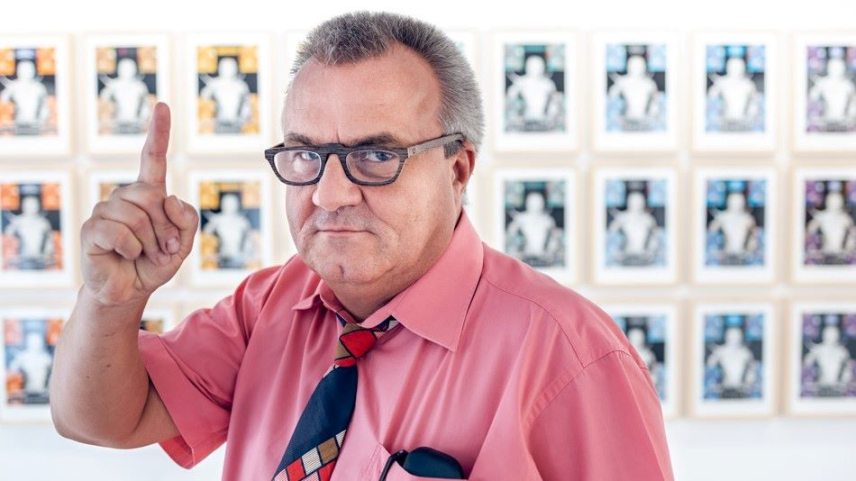
drMáriás 60
Budapest, Fényes Adolf u. 21.
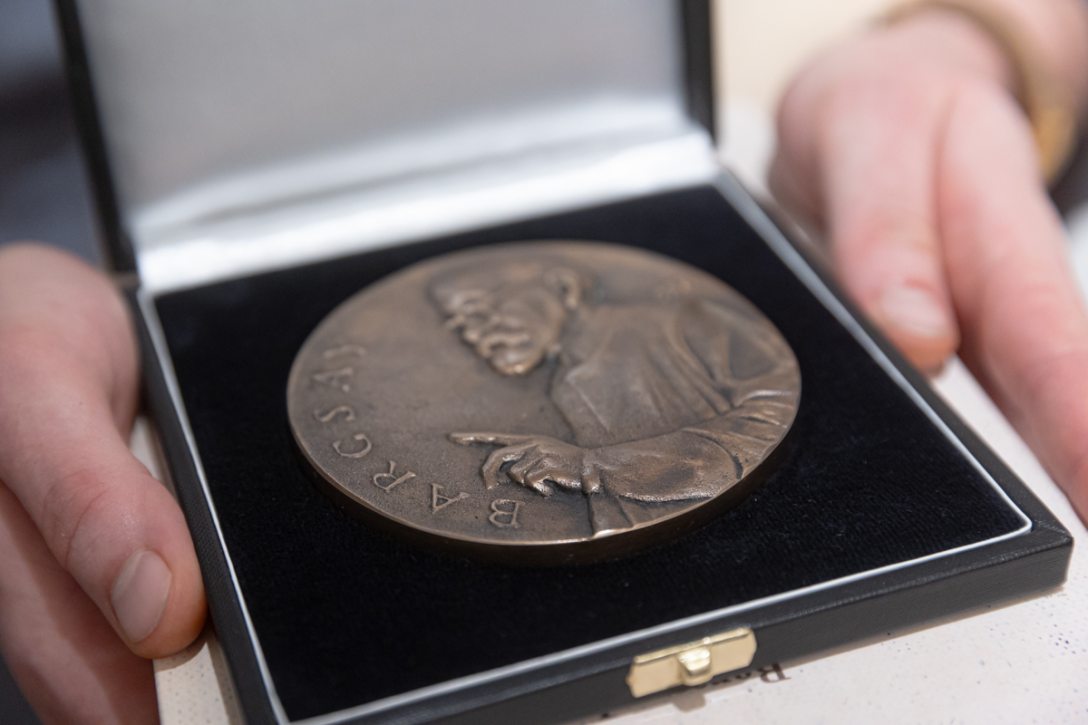
Barcsay-díjasok kiállítása Szentendrén
Szentendre, Fő tér 20
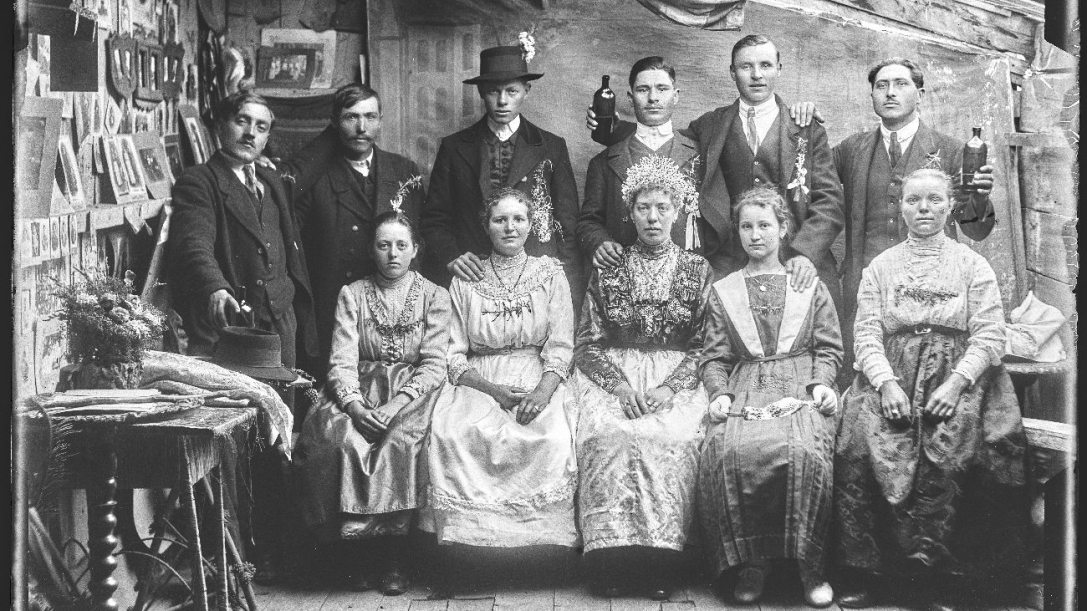
Vágatlanul. Törékeny fényképek valósága
Budapest, Dózsa György út 35.

Lumina Park – Varázsvilág
Budapest, Soó Rezső stny. 1

A. E. Köchert – Császárok és királyok ékszerésze
Gödöllő, Grassalkovich-kastély 5852 hrsz.

drMáriás 60
Budapest, Fényes Adolf u. 21.

Barcsay-díjasok kiállítása Szentendrén
Szentendre, Fő tér 20

Vágatlanul. Törékeny fényképek valósága
Budapest, Dózsa György út 35.
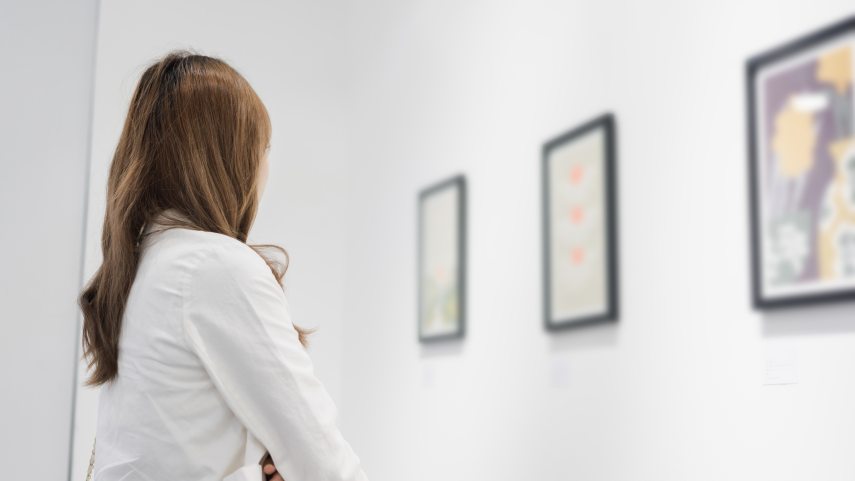
XV. MŰSZAK
Keszthely, Múzeum utca 2.
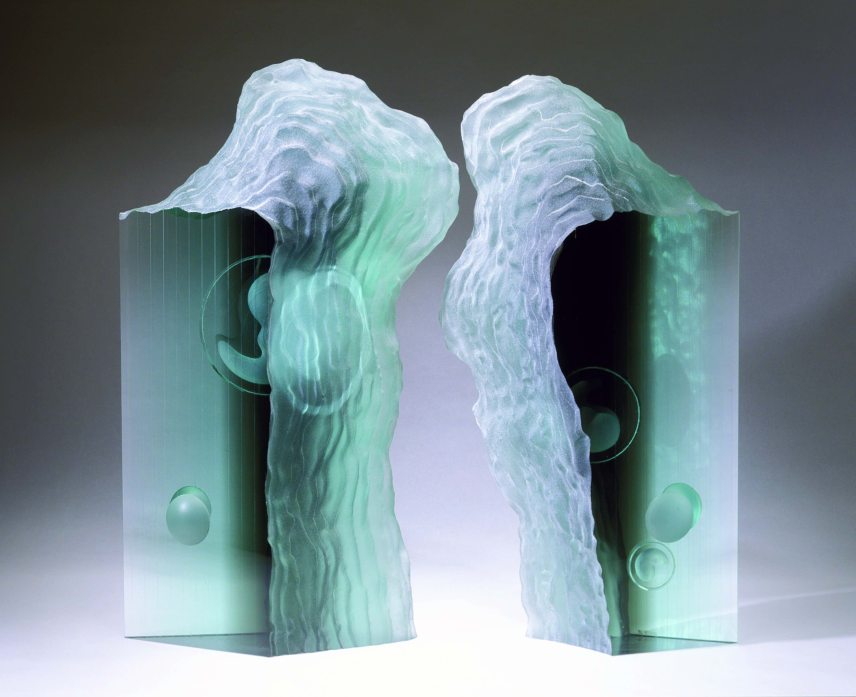
Az üveg alkímiája – Válogatás Bohus Zoltán és Lugossy Mária hagyatéki gyűjteményéből
Veszprém, Erzsébet sétány 1.

Lumina Park – Varázsvilág
Budapest, Soó Rezső stny. 1

A. E. Köchert – Császárok és királyok ékszerésze
Gödöllő, Grassalkovich-kastély 5852 hrsz.

drMáriás 60
Budapest, Fényes Adolf u. 21.

Barcsay-díjasok kiállítása Szentendrén
Szentendre, Fő tér 20

Vágatlanul. Törékeny fényképek valósága
Budapest, Dózsa György út 35.

XV. MŰSZAK
Keszthely, Múzeum utca 2.

Az üveg alkímiája – Válogatás Bohus Zoltán és Lugossy Mária hagyatéki gyűjteményéből
Veszprém, Erzsébet sétány 1.
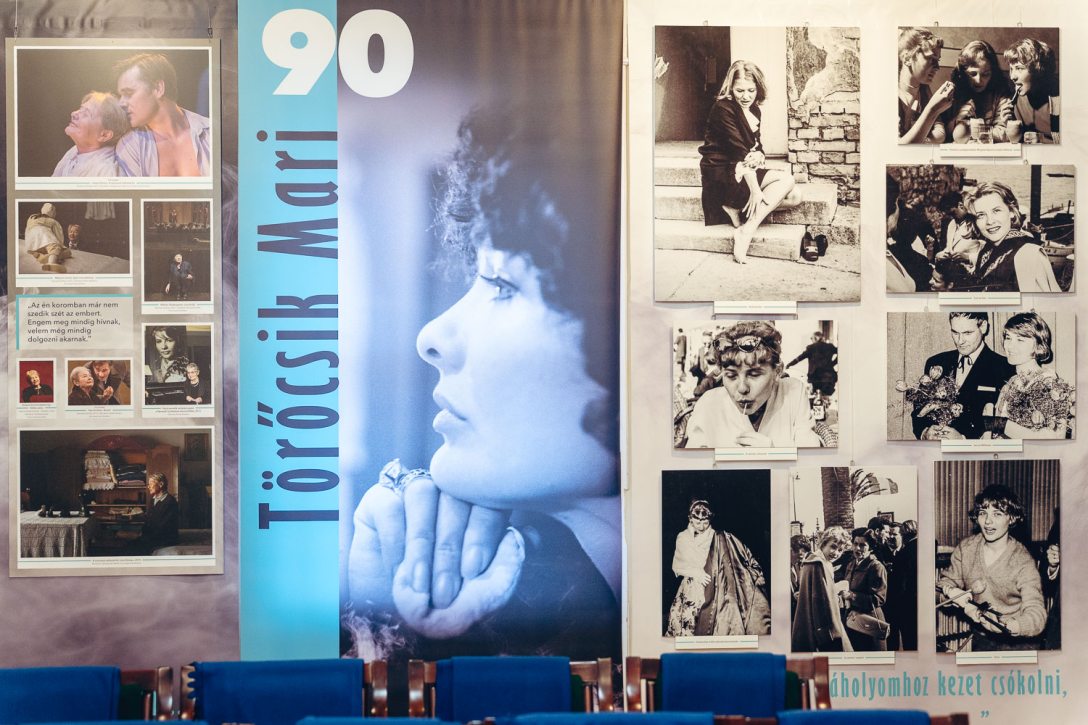
Törőcsik Mari 90
Budapest, Stromfeld Aurél út 16.

Lumina Park – Varázsvilág
Budapest, Soó Rezső stny. 1

A. E. Köchert – Császárok és királyok ékszerésze
Gödöllő, Grassalkovich-kastély 5852 hrsz.

drMáriás 60
Budapest, Fényes Adolf u. 21.

Barcsay-díjasok kiállítása Szentendrén
Szentendre, Fő tér 20

Vágatlanul. Törékeny fényképek valósága
Budapest, Dózsa György út 35.

XV. MŰSZAK
Keszthely, Múzeum utca 2.

Az üveg alkímiája – Válogatás Bohus Zoltán és Lugossy Mária hagyatéki gyűjteményéből
Veszprém, Erzsébet sétány 1.

Törőcsik Mari 90
Budapest, Stromfeld Aurél út 16.
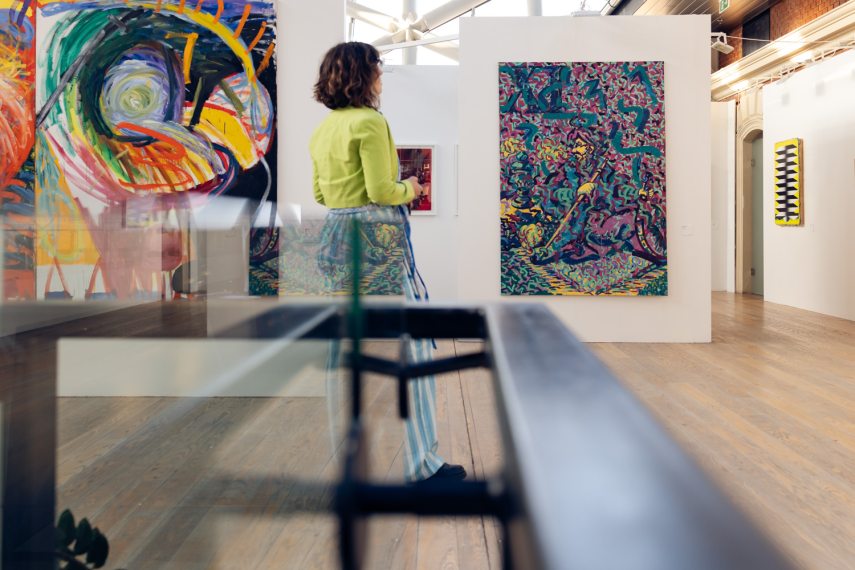
Art and Antique – Klasszikus és Kortárs Művészeti Vásár
Budapest, Fővám tér 10-12.
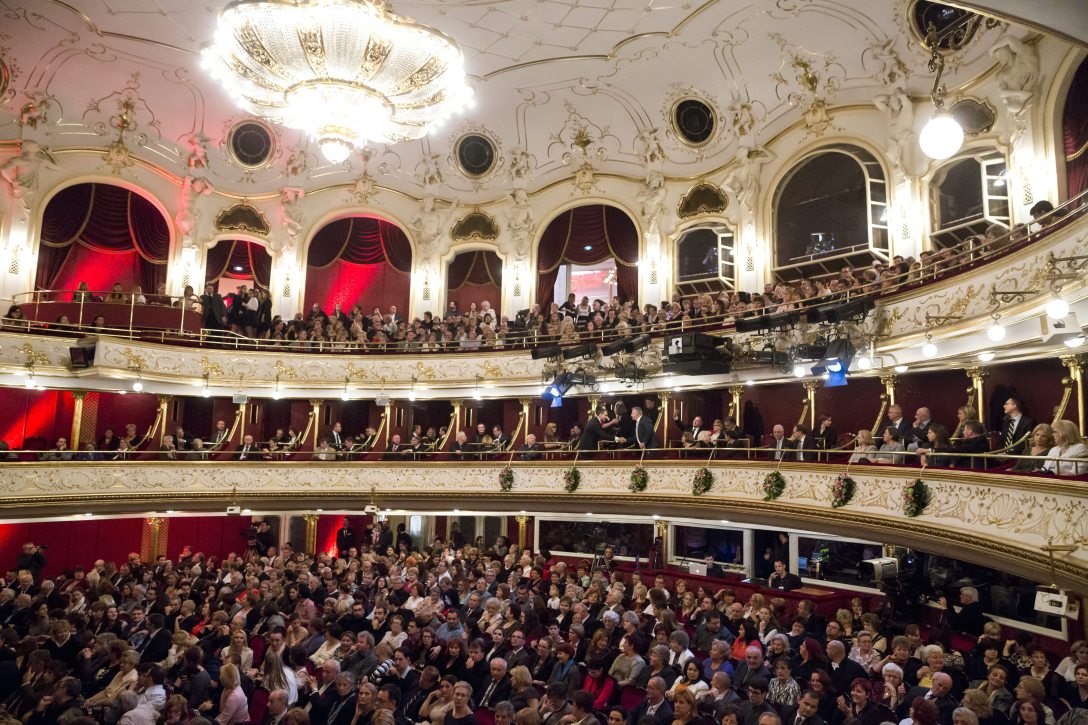
Jókai Szalon: Jókai és a politika
Budapest, Nagymező utca 17.
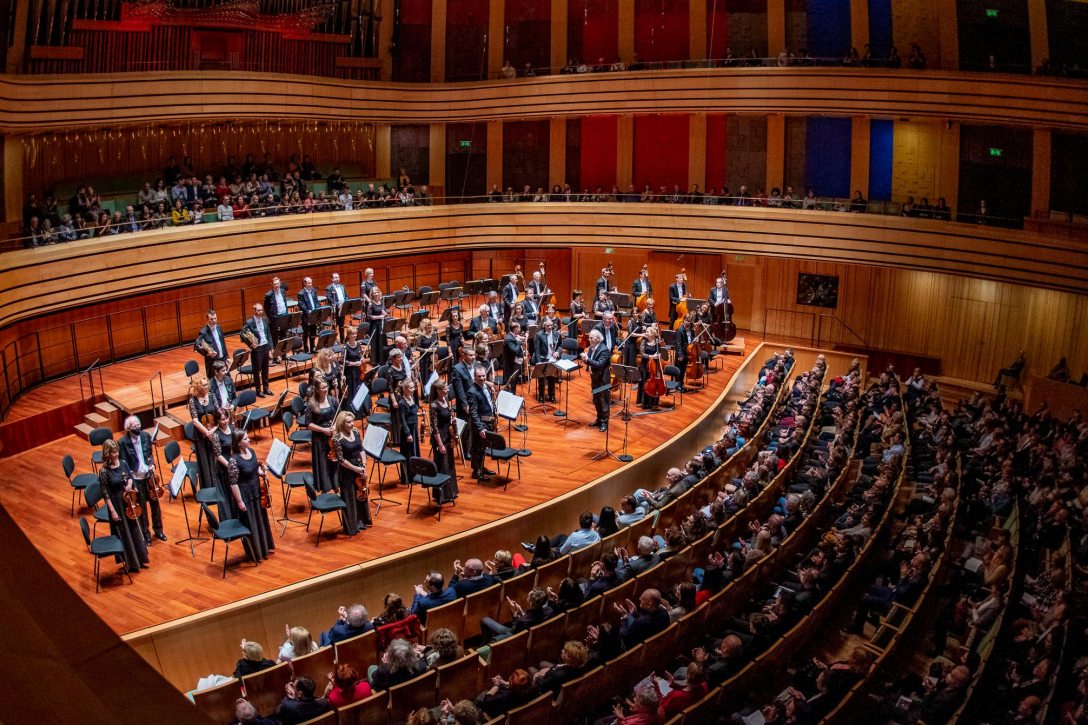
A MÁV Szimfonikusok Beethoven-koncertje a Müpában
Budapest, Komor Marcell u. 1

Lumina Park – Varázsvilág
Budapest, Soó Rezső stny. 1

A. E. Köchert – Császárok és királyok ékszerésze
Gödöllő, Grassalkovich-kastély 5852 hrsz.

drMáriás 60
Budapest, Fényes Adolf u. 21.

Barcsay-díjasok kiállítása Szentendrén
Szentendre, Fő tér 20

Vágatlanul. Törékeny fényképek valósága
Budapest, Dózsa György út 35.

XV. MŰSZAK
Keszthely, Múzeum utca 2.

Az üveg alkímiája – Válogatás Bohus Zoltán és Lugossy Mária hagyatéki gyűjteményéből
Veszprém, Erzsébet sétány 1.

Törőcsik Mari 90
Budapest, Stromfeld Aurél út 16.

Art and Antique – Klasszikus és Kortárs Művészeti Vásár
Budapest, Fővám tér 10-12.

Stabat Mater – nagyböjti kép, zene, párbeszéd a Pannonhalmi Főapátságban
Pannonhalma, Vár 1.

Lumina Park – Varázsvilág
Budapest, Soó Rezső stny. 1

A. E. Köchert – Császárok és királyok ékszerésze
Gödöllő, Grassalkovich-kastély 5852 hrsz.

drMáriás 60
Budapest, Fényes Adolf u. 21.

Barcsay-díjasok kiállítása Szentendrén
Szentendre, Fő tér 20

Vágatlanul. Törékeny fényképek valósága
Budapest, Dózsa György út 35.

XV. MŰSZAK
Keszthely, Múzeum utca 2.

Az üveg alkímiája – Válogatás Bohus Zoltán és Lugossy Mária hagyatéki gyűjteményéből
Veszprém, Erzsébet sétány 1.

Törőcsik Mari 90
Budapest, Stromfeld Aurél út 16.

Art and Antique – Klasszikus és Kortárs Művészeti Vásár
Budapest, Fővám tér 10-12.

Lumina Park – Varázsvilág
Budapest, Soó Rezső stny. 1

A. E. Köchert – Császárok és királyok ékszerésze
Gödöllő, Grassalkovich-kastély 5852 hrsz.

drMáriás 60
Budapest, Fényes Adolf u. 21.

Barcsay-díjasok kiállítása Szentendrén
Szentendre, Fő tér 20

Vágatlanul. Törékeny fényképek valósága
Budapest, Dózsa György út 35.

Az üveg alkímiája – Válogatás Bohus Zoltán és Lugossy Mária hagyatéki gyűjteményéből
Veszprém, Erzsébet sétány 1.

Törőcsik Mari 90
Budapest, Stromfeld Aurél út 16.

Art and Antique – Klasszikus és Kortárs Művészeti Vásár
Budapest, Fővám tér 10-12.

A. E. Köchert – Császárok és királyok ékszerésze
Gödöllő, Grassalkovich-kastély 5852 hrsz.

drMáriás 60
Budapest, Fényes Adolf u. 21.

Barcsay-díjasok kiállítása Szentendrén
Szentendre, Fő tér 20

Vágatlanul. Törékeny fényképek valósága
Budapest, Dózsa György út 35.

Az üveg alkímiája – Válogatás Bohus Zoltán és Lugossy Mária hagyatéki gyűjteményéből
Veszprém, Erzsébet sétány 1.

A. E. Köchert – Császárok és királyok ékszerésze
Gödöllő, Grassalkovich-kastély 5852 hrsz.

drMáriás 60
Budapest, Fényes Adolf u. 21.

Vágatlanul. Törékeny fényképek valósága
Budapest, Dózsa György út 35.

Az üveg alkímiája – Válogatás Bohus Zoltán és Lugossy Mária hagyatéki gyűjteményéből
Veszprém, Erzsébet sétány 1.

A. E. Köchert – Császárok és királyok ékszerésze
Gödöllő, Grassalkovich-kastély 5852 hrsz.

drMáriás 60
Budapest, Fényes Adolf u. 21.

Vágatlanul. Törékeny fényképek valósága
Budapest, Dózsa György út 35.

Az üveg alkímiája – Válogatás Bohus Zoltán és Lugossy Mária hagyatéki gyűjteményéből
Veszprém, Erzsébet sétány 1.

Törőcsik Mari 90
Budapest, Stromfeld Aurél út 16.

A. E. Köchert – Császárok és királyok ékszerésze
Gödöllő, Grassalkovich-kastély 5852 hrsz.

drMáriás 60
Budapest, Fényes Adolf u. 21.

Vágatlanul. Törékeny fényképek valósága
Budapest, Dózsa György út 35.

Az üveg alkímiája – Válogatás Bohus Zoltán és Lugossy Mária hagyatéki gyűjteményéből
Veszprém, Erzsébet sétány 1.

Törőcsik Mari 90
Budapest, Stromfeld Aurél út 16.
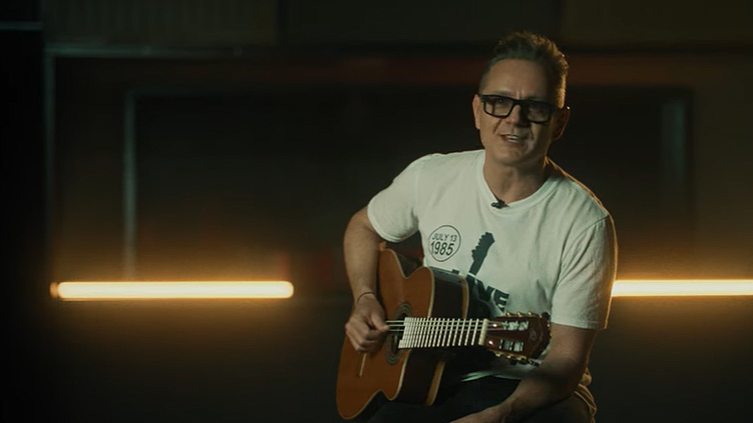
Heincz Gábor Biga-koncert Szorgalmatoson
Szorgalmatos, Közép utca 11.

A. E. Köchert – Császárok és királyok ékszerésze
Gödöllő, Grassalkovich-kastély 5852 hrsz.

drMáriás 60
Budapest, Fényes Adolf u. 21.

Vágatlanul. Törékeny fényképek valósága
Budapest, Dózsa György út 35.

Az üveg alkímiája – Válogatás Bohus Zoltán és Lugossy Mária hagyatéki gyűjteményéből
Veszprém, Erzsébet sétány 1.

Törőcsik Mari 90
Budapest, Stromfeld Aurél út 16.

A. E. Köchert – Császárok és királyok ékszerésze
Gödöllő, Grassalkovich-kastély 5852 hrsz.

drMáriás 60
Budapest, Fényes Adolf u. 21.

Vágatlanul. Törékeny fényképek valósága
Budapest, Dózsa György út 35.

Az üveg alkímiája – Válogatás Bohus Zoltán és Lugossy Mária hagyatéki gyűjteményéből
Veszprém, Erzsébet sétány 1.

Törőcsik Mari 90
Budapest, Stromfeld Aurél út 16.
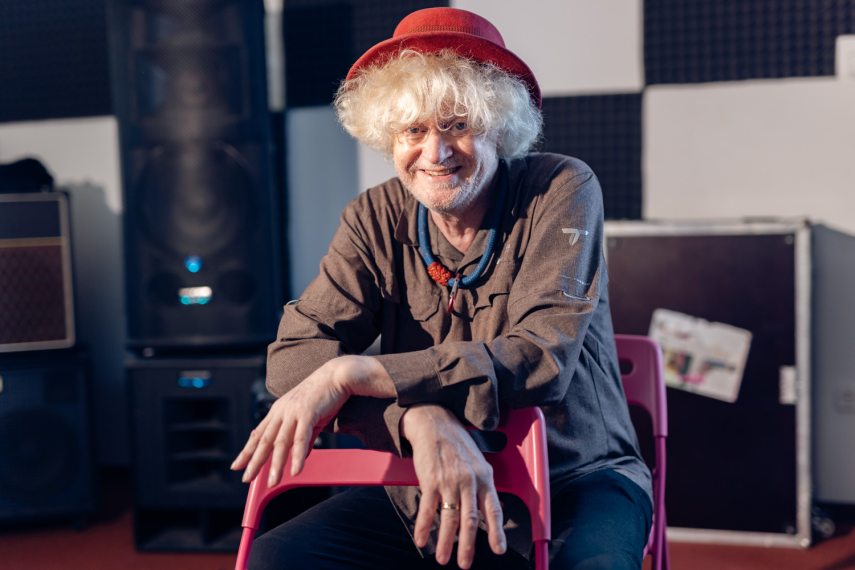
A Müller Péter Sziámi duó Kállósemjénben
Kállósemjén, Kossuth út 94.
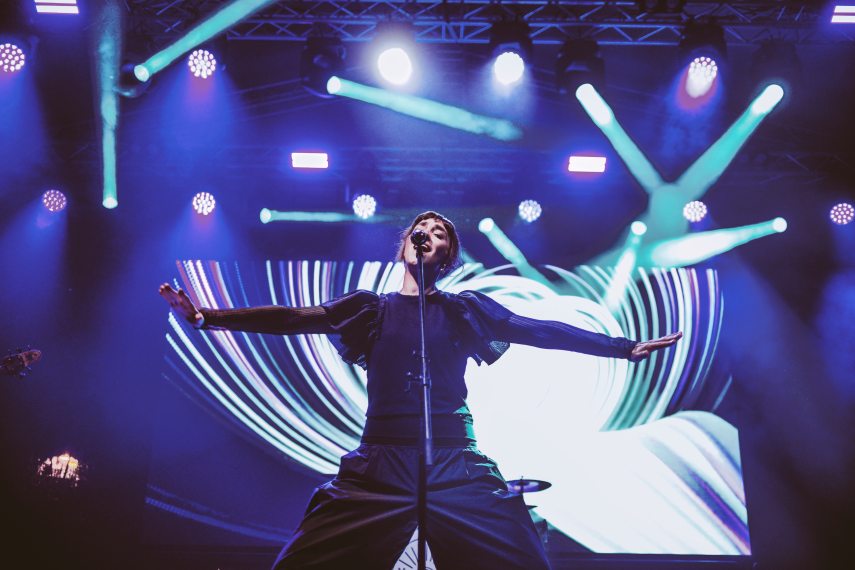
A Magashegyi Underground duó koncertje Ádándon
Ádánd, Árpád utca 31.

A. E. Köchert – Császárok és királyok ékszerésze
Gödöllő, Grassalkovich-kastély 5852 hrsz.

drMáriás 60
Budapest, Fényes Adolf u. 21.

Vágatlanul. Törékeny fényképek valósága
Budapest, Dózsa György út 35.

Az üveg alkímiája – Válogatás Bohus Zoltán és Lugossy Mária hagyatéki gyűjteményéből
Veszprém, Erzsébet sétány 1.

Törőcsik Mari 90
Budapest, Stromfeld Aurél út 16.

A. E. Köchert – Császárok és királyok ékszerésze
Gödöllő, Grassalkovich-kastély 5852 hrsz.

drMáriás 60
Budapest, Fényes Adolf u. 21.

Barcsay-díjasok kiállítása Szentendrén
Szentendre, Fő tér 20

Vágatlanul. Törékeny fényképek valósága
Budapest, Dózsa György út 35.

Az üveg alkímiája – Válogatás Bohus Zoltán és Lugossy Mária hagyatéki gyűjteményéből
Veszprém, Erzsébet sétány 1.

A. E. Köchert – Császárok és királyok ékszerésze
Gödöllő, Grassalkovich-kastély 5852 hrsz.

drMáriás 60
Budapest, Fényes Adolf u. 21.

Barcsay-díjasok kiállítása Szentendrén
Szentendre, Fő tér 20

Vágatlanul. Törékeny fényképek valósága
Budapest, Dózsa György út 35.

Az üveg alkímiája – Válogatás Bohus Zoltán és Lugossy Mária hagyatéki gyűjteményéből
Veszprém, Erzsébet sétány 1.

A. E. Köchert – Császárok és királyok ékszerésze
Gödöllő, Grassalkovich-kastély 5852 hrsz.

drMáriás 60
Budapest, Fényes Adolf u. 21.

Barcsay-díjasok kiállítása Szentendrén
Szentendre, Fő tér 20

Vágatlanul. Törékeny fényképek valósága
Budapest, Dózsa György út 35.

Az üveg alkímiája – Válogatás Bohus Zoltán és Lugossy Mária hagyatéki gyűjteményéből
Veszprém, Erzsébet sétány 1.

A. E. Köchert – Császárok és királyok ékszerésze
Gödöllő, Grassalkovich-kastély 5852 hrsz.

drMáriás 60
Budapest, Fényes Adolf u. 21.

Barcsay-díjasok kiállítása Szentendrén
Szentendre, Fő tér 20

Vágatlanul. Törékeny fényképek valósága
Budapest, Dózsa György út 35.

Az üveg alkímiája – Válogatás Bohus Zoltán és Lugossy Mária hagyatéki gyűjteményéből
Veszprém, Erzsébet sétány 1.

A. E. Köchert – Császárok és királyok ékszerésze
Gödöllő, Grassalkovich-kastély 5852 hrsz.

drMáriás 60
Budapest, Fényes Adolf u. 21.

Barcsay-díjasok kiállítása Szentendrén
Szentendre, Fő tér 20

Vágatlanul. Törékeny fényképek valósága
Budapest, Dózsa György út 35.

Az üveg alkímiája – Válogatás Bohus Zoltán és Lugossy Mária hagyatéki gyűjteményéből
Veszprém, Erzsébet sétány 1.

A. E. Köchert – Császárok és királyok ékszerésze
Gödöllő, Grassalkovich-kastély 5852 hrsz.

drMáriás 60
Budapest, Fényes Adolf u. 21.

Barcsay-díjasok kiállítása Szentendrén
Szentendre, Fő tér 20

Vágatlanul. Törékeny fényképek valósága
Budapest, Dózsa György út 35.

Az üveg alkímiája – Válogatás Bohus Zoltán és Lugossy Mária hagyatéki gyűjteményéből
Veszprém, Erzsébet sétány 1.

A. E. Köchert – Császárok és királyok ékszerésze
Gödöllő, Grassalkovich-kastély 5852 hrsz.

drMáriás 60
Budapest, Fényes Adolf u. 21.

Barcsay-díjasok kiállítása Szentendrén
Szentendre, Fő tér 20

Vágatlanul. Törékeny fényképek valósága
Budapest, Dózsa György út 35.

Az üveg alkímiája – Válogatás Bohus Zoltán és Lugossy Mária hagyatéki gyűjteményéből
Veszprém, Erzsébet sétány 1.

A. E. Köchert – Császárok és királyok ékszerésze
Gödöllő, Grassalkovich-kastély 5852 hrsz.

drMáriás 60
Budapest, Fényes Adolf u. 21.

Barcsay-díjasok kiállítása Szentendrén
Szentendre, Fő tér 20

Vágatlanul. Törékeny fényképek valósága
Budapest, Dózsa György út 35.

Az üveg alkímiája – Válogatás Bohus Zoltán és Lugossy Mária hagyatéki gyűjteményéből
Veszprém, Erzsébet sétány 1.

A. E. Köchert – Császárok és királyok ékszerésze
Gödöllő, Grassalkovich-kastély 5852 hrsz.

drMáriás 60
Budapest, Fényes Adolf u. 21.

Barcsay-díjasok kiállítása Szentendrén
Szentendre, Fő tér 20

Vágatlanul. Törékeny fényképek valósága
Budapest, Dózsa György út 35.

Az üveg alkímiája – Válogatás Bohus Zoltán és Lugossy Mária hagyatéki gyűjteményéből
Veszprém, Erzsébet sétány 1.

A. E. Köchert – Császárok és királyok ékszerésze
Gödöllő, Grassalkovich-kastély 5852 hrsz.

drMáriás 60
Budapest, Fényes Adolf u. 21.

Barcsay-díjasok kiállítása Szentendrén
Szentendre, Fő tér 20

Vágatlanul. Törékeny fényképek valósága
Budapest, Dózsa György út 35.

Az üveg alkímiája – Válogatás Bohus Zoltán és Lugossy Mária hagyatéki gyűjteményéből
Veszprém, Erzsébet sétány 1.

A. E. Köchert – Császárok és királyok ékszerésze
Gödöllő, Grassalkovich-kastély 5852 hrsz.

drMáriás 60
Budapest, Fényes Adolf u. 21.

Barcsay-díjasok kiállítása Szentendrén
Szentendre, Fő tér 20

Vágatlanul. Törékeny fényképek valósága
Budapest, Dózsa György út 35.

Az üveg alkímiája – Válogatás Bohus Zoltán és Lugossy Mária hagyatéki gyűjteményéből
Veszprém, Erzsébet sétány 1.

A. E. Köchert – Császárok és királyok ékszerésze
Gödöllő, Grassalkovich-kastély 5852 hrsz.

drMáriás 60
Budapest, Fényes Adolf u. 21.

Barcsay-díjasok kiállítása Szentendrén
Szentendre, Fő tér 20

Vágatlanul. Törékeny fényképek valósága
Budapest, Dózsa György út 35.

Az üveg alkímiája – Válogatás Bohus Zoltán és Lugossy Mária hagyatéki gyűjteményéből
Veszprém, Erzsébet sétány 1.
From Csárdás to bagpipes, folk dance and music still beat in our hearts
From Csárdás to bagpipes, Hungary's traditions celebrate cultural diversity and community spirit across generations.
Hungary's flavors have never been more alive
Journey through Hungary’s culinary landscape, from Cumanian mutton stew, to Borsodnádasd’s miller’s wafers, Szatmár-Bereg plum jam, and Baja fish soup.
Our artistic soul from Kalocsa flowers to Buzsák dances
Explore Hungary's varied art traditions, reflecting unique local identities and customs from region to region.
Hungarian Art Nouveau masterpieces unveiled
Experience Art Nouveau through a Hungarian lens, with over 600 artifacts from the Museum of Applied Arts' collection, now exhibited at the Ráth Villa.
One of the most fascinating tributes to Hungarian heritage
Széchényi Hall at the Hungarian National Museum celebrates its founder with intricate woodwork, historic artifacts, and a testament to Hungarian patriotism.
Hollywood's Secret Weapon: Budapest
Over the past few decades, Budapest has become a beloved filming location, hosting numerous blockbuster productions that have achieved Oscar success. Here, we present a curated selection of these acclaimed films, captured through the evocative analogue photographs of director Péter Varsics.
Unearthing women's legacy of the medieval Carpathian Basin
The Hungarian National Museum's virtual exhibition takes you on a journey through archaeology's revelations of medieval women's lives unveiling their profound impact on European history.
A mysterious box containing an exceptional family story across eight generations
In The Politzer Saga, Linda Ambrus Broenniman tells the story of her search for the truth as she pieces together the astonishing history of her Jewish ancestors.
Conflicts and humanity through Robert Capa's lens
Robert Capa's life's work can be seen at the world’s first permanent exhibition, tracing his profound impact on war photography and public consciousness.
The creative journey of Flóra Borsi, the Princess of Photoshop
Flóra Borsi is also a model, makeup artist, stylist, art director, and a photographer with a complete toolkit, from lighting to post-production.
St. Stephen's coronation mantle is a timeless Hungarian treasure
The Hungarian National Museum displays King Stephen I's coronation mantle, a 1031 Byzantine silk relic adorned with gold embroidery.
